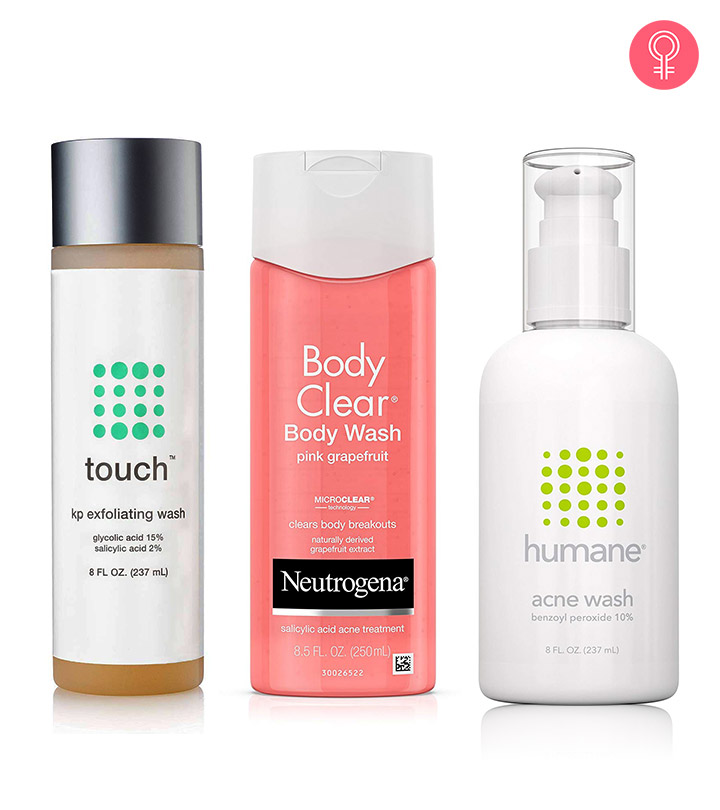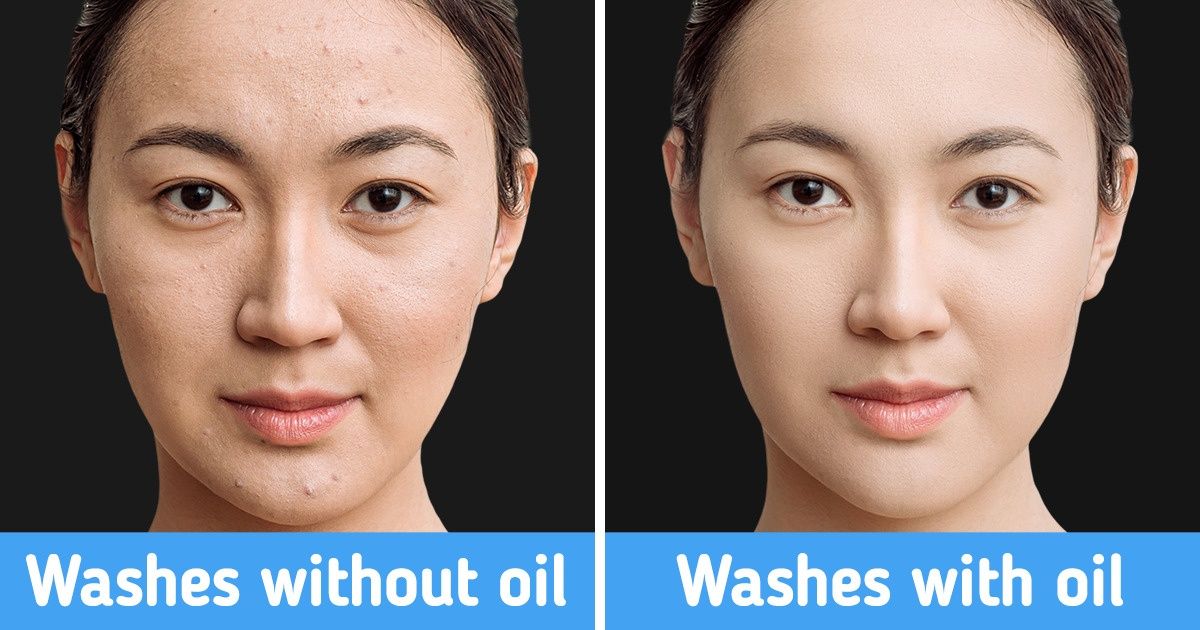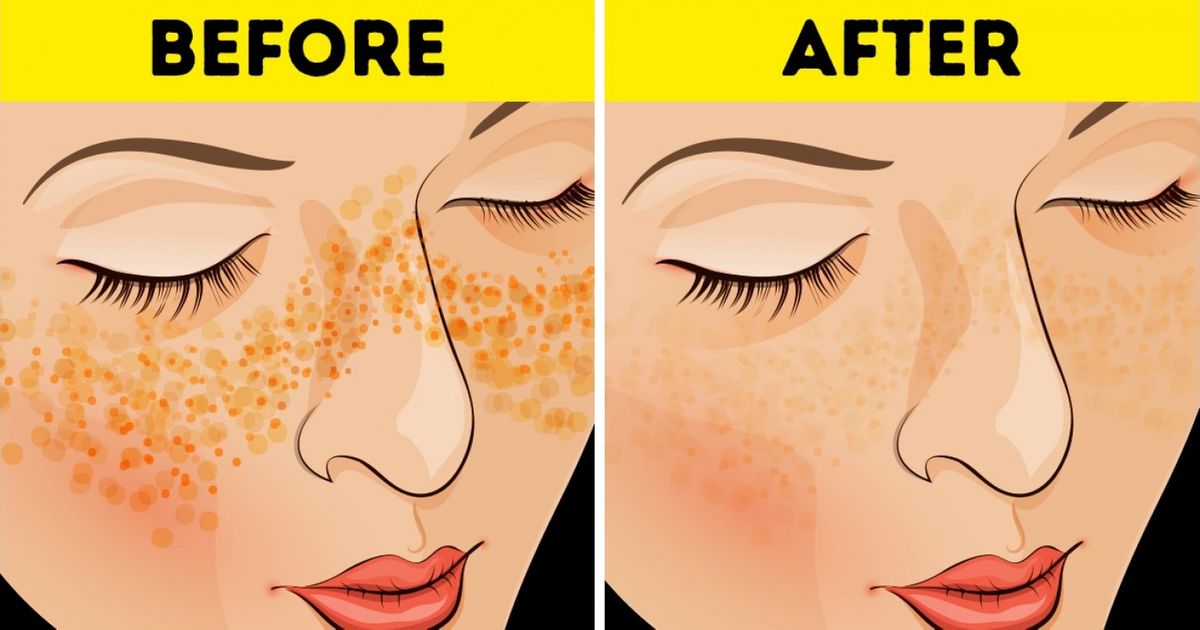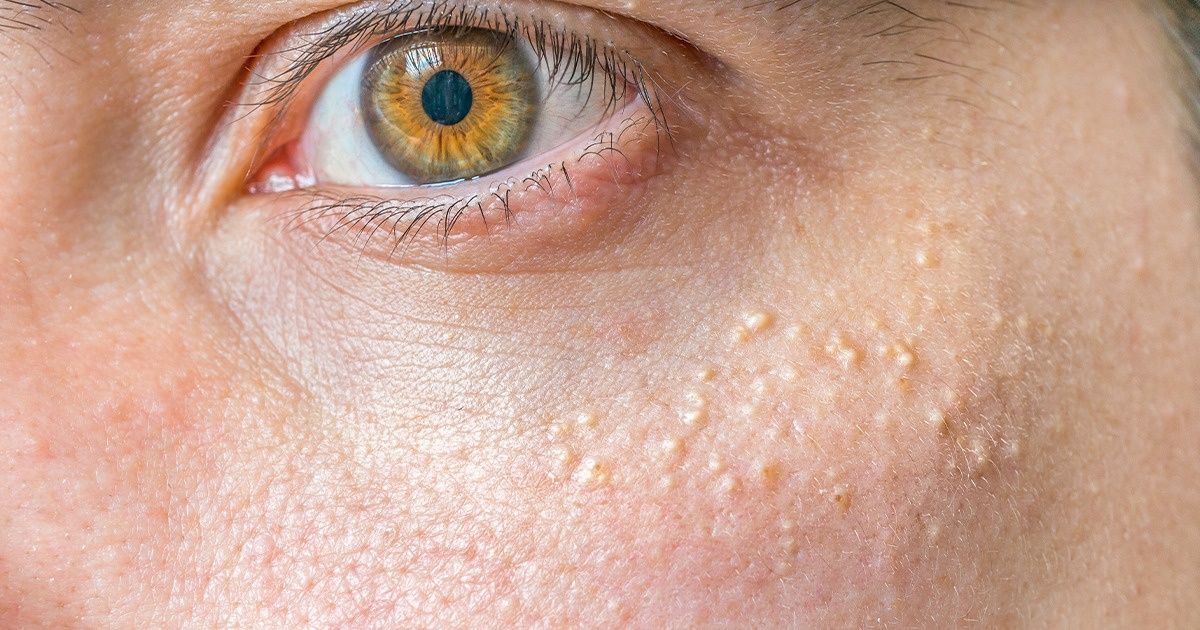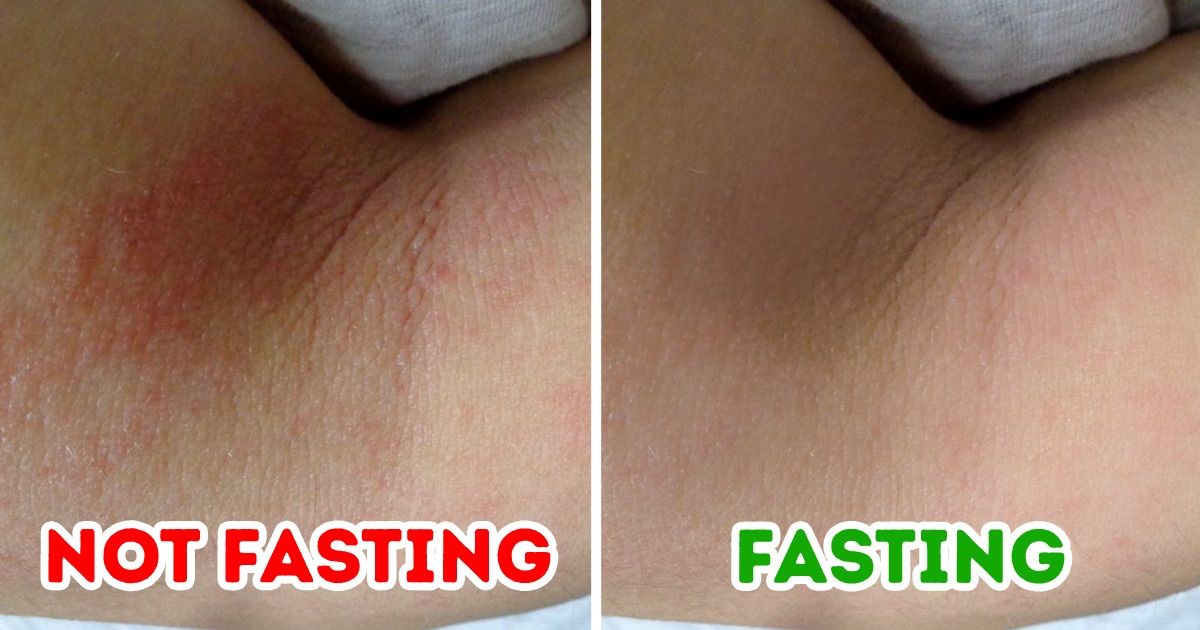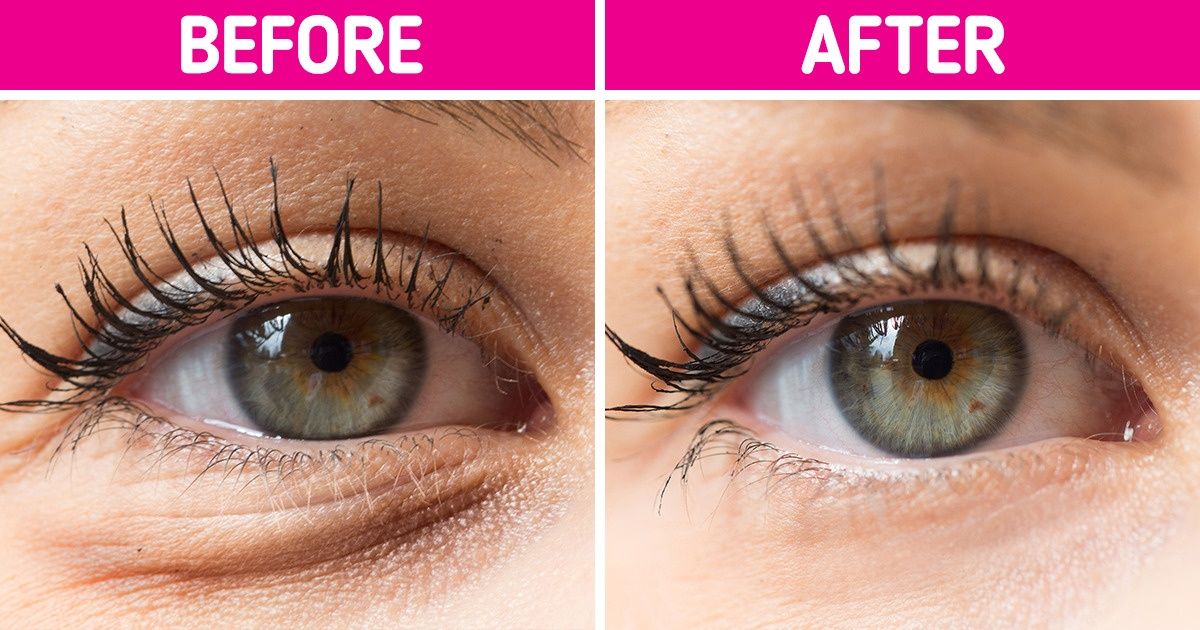Beauty is superficial. If you take care of your body from the inside, it naturally appears on your skin. You can get healthy and shiny skin by choosing the right vitamins.
Any changes that occur in your skin occur at the cellular level. Therefore, it is crucial to provide the cells with adequate vitamins (internally and topically) to keep the skin in good shape.
It is always good to eat food with a mixture of all vitamins and nutrients, but there are some that you can not miss if you like your skin. This article lists the 5 vitamins that can provide a bright and healthy skin when ingested and applied to the skin, in addition to guiding you on how to apply them.
The best vitamins for healthy skin.
Your skin reflects what you eat. Nourishing your body with foods rich in vitamins and nutrients is the only way to combat skin conditions and achieve a uniform skin tone. These vitamins repair cell damage and promote skin regeneration.
#1. Vitamin A: to prevent aging and acne.

If you want to minimize the signs of aging, you may consider retinol. Retinol is a form of vitamin A that is highly effective in improving the signs of aging. Vitamin A, when applied topically and taken with food and other supplements, keeps many skin-related problems at bay.
How it helps
According to one study, vitamin A:
- Reduces fine lines and wrinkles.
- Increases the production of collagen, which increases the elasticity of the skin.
- It improves the appearance of the skin.
- Reduces damage caused by free radicals.
- Prevents acne
One study found that people with low levels of vitamin A or retinol had severe acne and other skin diseases, such as atopic dermatitis.
The best sources of vitamin A
If you want to increase your vitamin A intake, consume foods such as:
- Sweet potato
- pumpkin
- Spinach
- Egg yolks
- Carrots
- Seafood
- chilies
- cod liver oil
- Whole milk
- The tomatoes
You can also take vitamin A supplements that are available in pharmacies. However, it is not advisable to take supplements without consulting your doctor.
For topical application.
Retina-A, tretinoin, retinol, Renova, retinaldehyde: all these types of vitamin A are found in skin creams.
Although retinol is readily available as an over-the-counter medication, you will need a prescription to get retinoids.
This is because the retinoids are stronger and do not adapt to all skin types. Retinol and the other forms are slightly lighter and generally free of irritation.
If you are using retinol or similar types of vitamin A, remember that its effectiveness decreases with sunlight. Therefore, it is better to apply it overnight.
Also, if you are using it for the first time, do not apply it every day. Use it every other day, unless the dermatologist indicates otherwise.
#2. Vitamin B3: to treat sun damage and pigmentation.
While exposure to sunlight provides your daily dose of vitamin D, overexposure can cause significant damage to your skin.
Prolonged exposure to UVA and UVB rays can cause pigmentation, fine lines, and dark spots. Vitamin B3 (also called niacinamide or nicotinamide) can protect your skin from the harmful effects of sunlight.
How it helps
According to the investigation:
- Oral vitamin B3 (also known as niacinamide or nicotinamide) protects the skin from sun damage and can also prevent non-melanoma skin cancer in high-risk patients.
- It reduces hyperpigmentation (caused by sun exposure) by preventing the transfer of melanosomes (melanin synthesis and storage sites) from melanocytes (melanin-forming cells) to keratinocytes (skin cells).
- Minimizes the skin aging process, working on fine lines and dark spots caused by excessive exposure to UV rays.
- It also improves the texture and elasticity of the skin.
The best sources of vitamin B3
If you are someone who primarily consumes processed foods, you may be at risk of deficiency of this critical vitamin. Include these foods in your diet and get your daily dose of vitamin B3:
- Mushrooms
- Tuna
- Peru
- Sunflower seeds
- Avocado
- Green peas
- Liver
- Peanut
- Chicken breast
- Beans
You can also take vitamin B3 supplements after consulting your doctor.
For topical application.
You can buy niacinamide powder, mix it with your moisturizer or cream and apply it on your face.
One thing to remember is that niacinamide is soluble in water. Therefore, its humectant must be water-based. Otherwise, the vitamin will not mix properly and will be useless.
The best way is to make your own moisturizer. Combine aloe vera gel with niacinamide powder, and voila!
#3. Vitamin C: to increase your antioxidant levels

This vitamin is found mainly in the epidermis (outer layer of the skin) and in the dermis (inner layer of the skin). Vitamin C plays a vital role in maintaining the health of the skin and in the formation of collagen.
How it helps
According to a study published in Nutrients, vitamin C:
- Promotes the production of collagen in the skin (collagen keeps skin elastic).
- Prevents damage caused by exposure to UV rays.
- Maintains antioxidant levels in your body.
- Prevents aging and reduces the appearance of wrinkles.
- Vitamin C is transported to the skin through the blood. Keeps skin hydrated and hair healthy.
The best sources of vitamin C
If you think you are not getting enough vitamin C from your diet, you may consume:
- red paprika
- Guava
- Strawberries
- Broccoli
- Papaya
- Green peas
- Grapefruit
- Brussels sprouts
- Cauliflower
- Kale
For topical application.
If you want to use vitamin C topically, the best way to do this is to use a cream or moisturizer that contains it. This is a necessary ingredient that you can find in serums, night creams, and moisturizers.
If you want to follow the natural path, you can take a vitamin C scrub by mixing lemon juice with sugar or salt. However, do not use it regularly and dilute it before applying it to your skin.
In addition, topical vitamin C makes the skin photosensitive. Therefore, if you are exposed to the sun, do not forget to apply sunscreen.
#4. Vitamin E: to prevent dryness.

You’ve probably seen “Vitamin E” shining like a bright star on cosmetic labels. This is because it is widely used for its dermatological benefits. Vitamin E is a free radical scavenger, which means that it neutralizes harmful free radicals and keeps skin healthy.
How it helps
A study suggests that vitamin E:
- Minimizes damage caused by harmful UV rays, such as dark spots.
- Prevents dryness and keeps the skin conditioned.
- It reduces oxidative stress and decreases the signs of aging.
- It keeps the skin hydrated.
- Reduces skin inflammation.
Topical application of vitamin E helps prevent skin diseases, but its effectiveness decreases after sun exposure. Therefore, you should get enough vitamin E through your diet.
The best sources of vitamin E
You can increase your vitamin E intake by including the following foods in your diet:
- Almonds
- Spinach
- Kale
- Hazelnuts
- Avocado
- Papaya
- Parsley
- Olives
- Broccoli
- Pinions
For topical application.
Vitamin E capsules are available in medical stores. You can swallow them whole or squeeze the liquid (vitamin E oil) and apply it on the face and other areas.
Apply vitamin E oil directly to the skin only if you have extremely dry skin or serious skin problems, such as psoriasis and eczema. Otherwise, it is better to mix vitamin E oil (squeeze about 3 capsules) with a tablespoon of olive oil and then massage this mixture on the face or area in which you want to concentrate.
#5. Vitamin K: for dark and unruly spots

Vitamin K is best known for helping with blood clotting. It plays a crucial role in healing wounds and bruises. It also helps in the treatment of various skin conditions and keeps the skin healthy.
How it helps
- Fights wrinkles and dark circles. A study conducted in 2004 found that the application of a gel under the eyes that contained 2% of vitamin K, along with 0.1% of each retinol and vitamins C and E, significantly reduced wrinkles and dark circles.
- Another study found that it helped decrease purple discoloration of the skin and pigmentation and dissolved bruises of the skin.
The best sources of vitamin K
You can increase your vitamin K intake by consuming:
- Cabbage
- Broccoli
- Lettuce
- Turnips
- Kale
- chard
- Romaine lettuce
- Parsley
- Cauliflower
- Cereals
Vitamin K is found in several forms. Vitamins K1, K2 and K3 are easily found in all types of foods (mainly plants), but you will also get vitamin K food supplements.
For topical application.
Vitamin K creams are readily available in medical stores. In general, doctors prescribe them for those who have undergone surgery (to help with bruises) or to reduce stretch marks. These creams are also prescribed for the treatment of dark circles, spider veins, and other skin problems. Consult your doctor before using them.
It is important to keep the skin and body nourished to achieve a healthy glow on the face. Try to include these vitamins in your diet and skincare, adopt a healthy lifestyle and you will have the dream skin you have always wanted.
